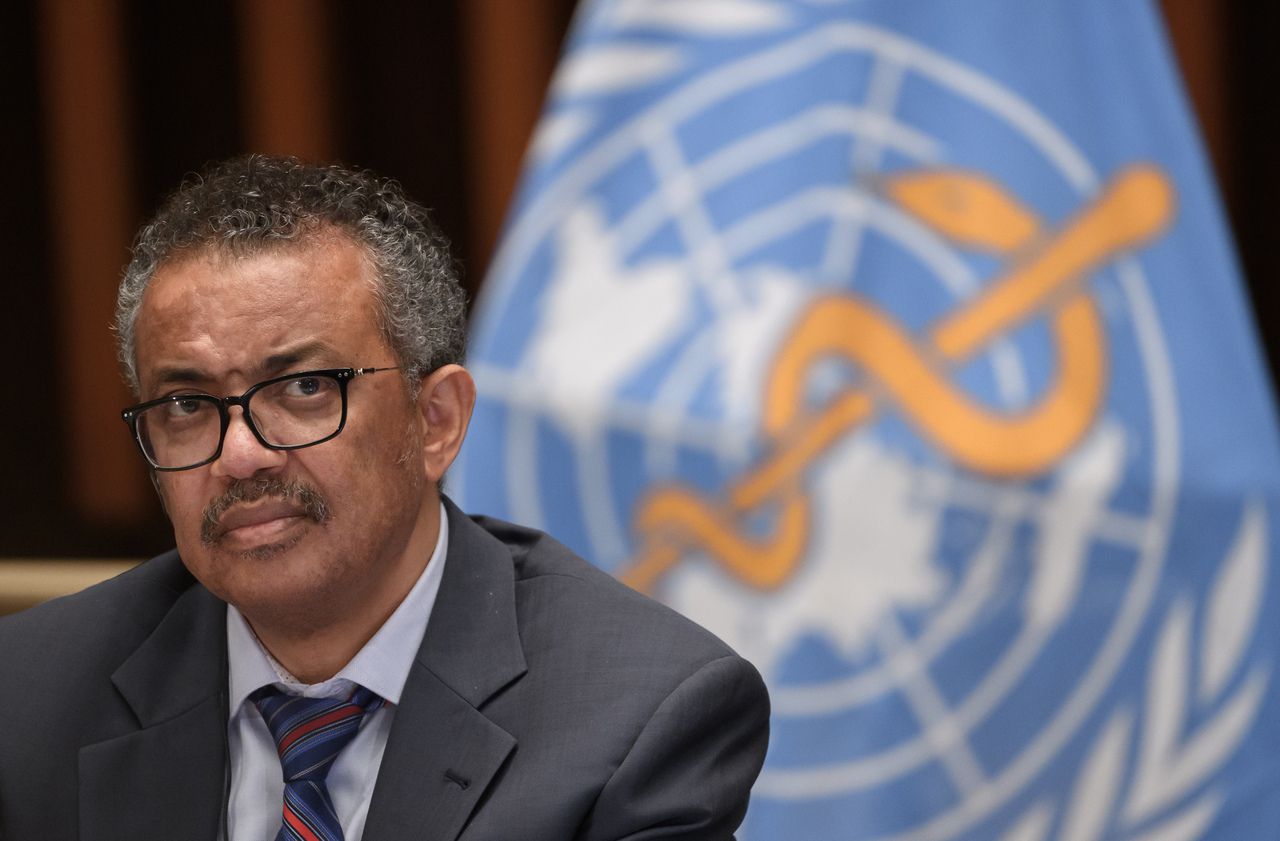Almost not a day goes by that the WHO does not remind the whole world that it is still facing a serious pandemic. There will be "perhaps no panacea (a miracle cure, Editor's note)" against the Covid-19, further indicated its general manager, Tedros Adhanom Ghebreyesus on Monday.
Since June, during his press conferences, the Ethiopian leader or his spokespersons have been increasing the sometimes alarmist warning messages. On June 22, he insisted that the pandemic "continues to accelerate". On June 11 and then on June 25, Africa and Europe were specifically warned. "Young people are not invincible," says the boss of the organization again on July 30. Two days earlier, a spokesperson insisted that "this virus loves all seasons", while many believe that the summer makes it possible to weaken the nuisance power of SARS-CoV-2.
"Always in the reaction and little in the anticipation"
So much for a small list, far from being exhaustive. To the point that one can wonder if the WHO is not doing too much, especially since it had been criticized for the slowness of its reaction at the start of the pandemic. "A major problem for the WHO is that it is always in the reaction and little in the anticipation", judges with the Parisian the doctor Anne Sénéquier, co-director of the health observatory at IRIS (Institute of international and strategic relations ).
Back to early 2020. Meeting on January 23 and 24, the fifteen experts of the WHO emergency committee do not recommend declaring a "public health emergency of international concern", judging that it is "too early" for that. . It will not be announced until January 30, three weeks after the identification of this coronavirus. Too late, according to several observers, since the virus had already spread outside China.
"It is clear that at the very beginning the WHO hesitated and confused, there were delays in recognizing the human-to-human transmission of this virus. This was damaging and was surely a considerable waste of time, ”thus estimates the physician immunologist Michel Kazatchkine, former director of the Global Fund to fight AIDS, in a documentary broadcast in July on Arte (*).
Different epidemic situations depending on the region
The international organization has also been weakened by the war between the United States and China. Donald Trump has regularly accused her of not having been sufficiently reactive in the face of what he describes as a "Chinese virus", to the point of having cut funding and then announced the official withdrawal of the United States.
Since June, it is therefore difficult to accuse the WHO of not doing enough. Its concern is that it is expressed to the whole planet, while the epidemic situation is not the same everywhere. The virus continues to spread strongly in Latin America as its circulation has become weak again in Europe thanks to the strict containment imposed in the spring, for example. Hence the fact that some populations may find it excessive at a given time.
"The WHO gives a common direction to lead to the end of the pandemic with a series of councils and each State will be able to follow what interests it in relation to its situation", summarizes Anne Sénéquier.
Mistrust of part of the population
The organization, as well as the authorities in each country, is also faced with two pitfalls, according to the researcher: understanding (making people understand why a mask should be worn, why it is recommended to be tested, etc.), and , above all, confidence. "The goal of several states has been to blame the WHO, which therefore has a big handicap in terms of the confidence of part of the world population," she said.
Newsletter - Most of the news
Every morning, the news seen by Le ParisienI'm registering
Your email address is collected by Le Parisien to enable you to receive our news and commercial offers. Learn more
At the risk, in a growing part of the inhabitants, of having become inaudible then the specter of a "second wave" haunts many countries. “It would be a bad trial [to accuse the WHO of doing top] because it has a lot of professionals. Whatever they do, they will be criticized, ”concluded epidemiologist Catherine Hill, interviewed at the end of June by Le Parisien.
* WHO: China-USA, a dangerous duel

